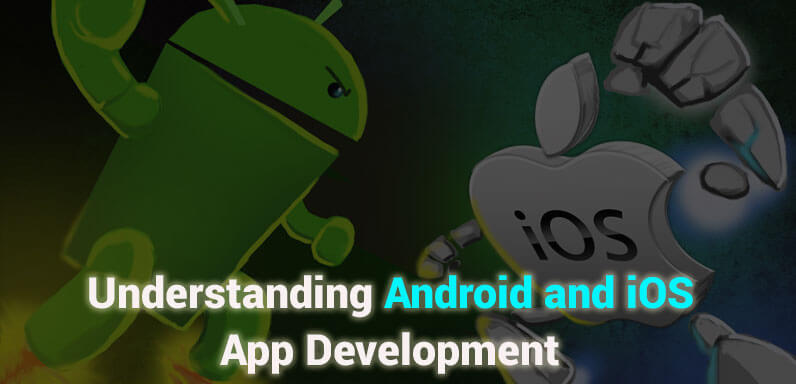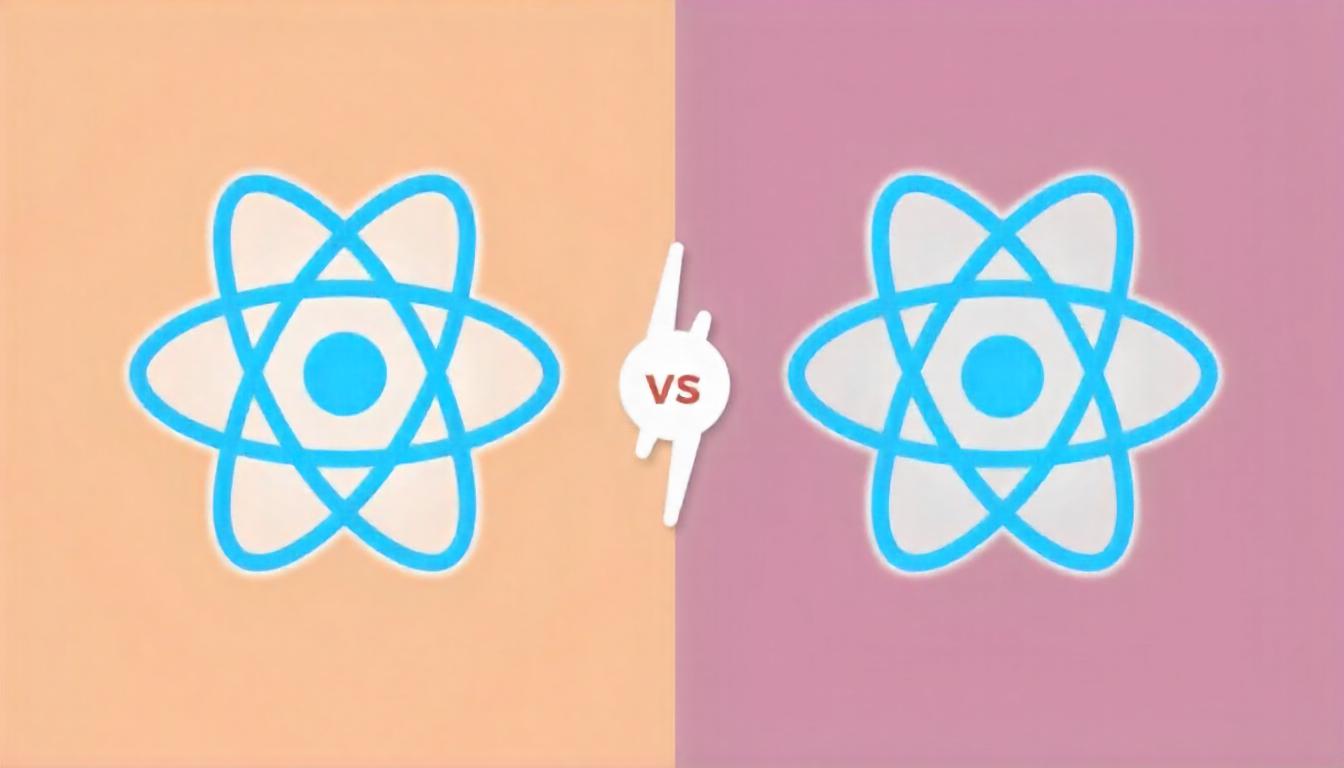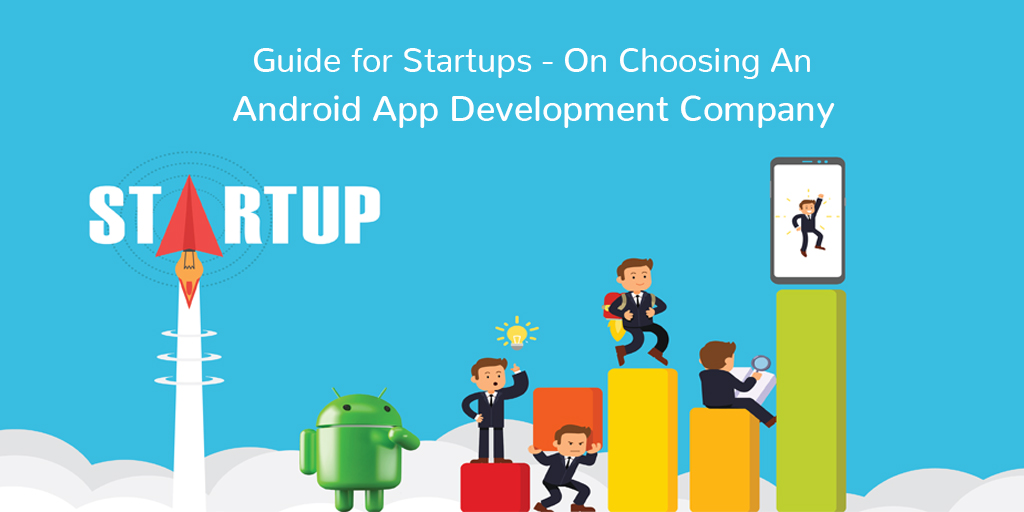
Understanding Android and iOS App Development
Smart phones have given way to a floodgate of opportunities, especially in the app development market. The immense value which apps have added in our lives through their usability and functionality is a sweet success story of the evolution of smart phones. There can be no doubt in anyone’s mind when we talk of app development platforms, for only two stand out as significant ones; Android and iOS. Both these operating systems (OS) form the building blocks for developers all across the world to build and develop apps that can enrich the user experience in their respective platforms.
1. Android or iOS
Mobile app developers are indeed in a promising field, but an all important question posed before them is which platform to go for, and on what criteria their choice should be based on. Both Android and iOS are very powerful platforms that offer a host of unique capabilities to developers, but developers should make some careful considerations before deciding on which one to go for first. Take a look at some of the factors which both iOS and Android developers should keep in mind before plunging into the mobile app development market.
2. Target Audience
Any business idea must first be followed up with reflecting on who the target audience is. Similarly, an interesting pattern comes up when analyzing the demographics of iOS and Android users. As we all know, Android is open-sourced, so it’s easier to manufacture cheaper mobiles which support Android platform (usually an older version), while it’s completely the opposite in case of iOS. As such, Android has a wider global reach with a prominent presence in low income areas and developing nations. iOS users, on the other hand, are well off and typically belonging to high income groups. This brings out an interesting insight, that iOS users spend more per app as compared to Android users, who prefer their apps being free (and ad-ridden).
3. Revenue Model
This brings us to the next factor; revenue model. As noted above, iOS users spend more per app and this leads to IOS apps earning more revenue. Andriod typically has more number of ad-supported apps, which are otherwise free for users to download.
4. Android Updates v/s iOS Updates
Android’s open-sourced nature means its more fragmented since there are a number of manufacturers currently producing many different types of Android smart phones. Also, there are many different versions of Android concurrently active across Android devices. Android developers, therefore, have to account for a wider range of compatibility. iOS developers, on the other hand, can focus on developing apps with features that support the latest versions of iOS since it’s latest versions are more frequently and uniformly updated and rolled out.
5. Cost
Finally, it also depends on the speed to market and cost which tips the scale towards either iOS or Android developers. Recent reports have pointed out that Android apps measurably take longer to develop as compared to IOS apps which could be due to many reasons, Android fragmentation being one of them. It might be wrong to generalize, but what takes more time to produce generally cost more as well. However, the approval time for Android apps are shorter than those for iOS apps, which somewhat offers a saving grace for Android.
On a side note, we are glad to share that Tvisha Technologies has been listed as one among the best Mobile App Design and Development Comapny across the world. You can find us on DesignRush.

















 Whatsapp
Whatsapp
 Email
Email


